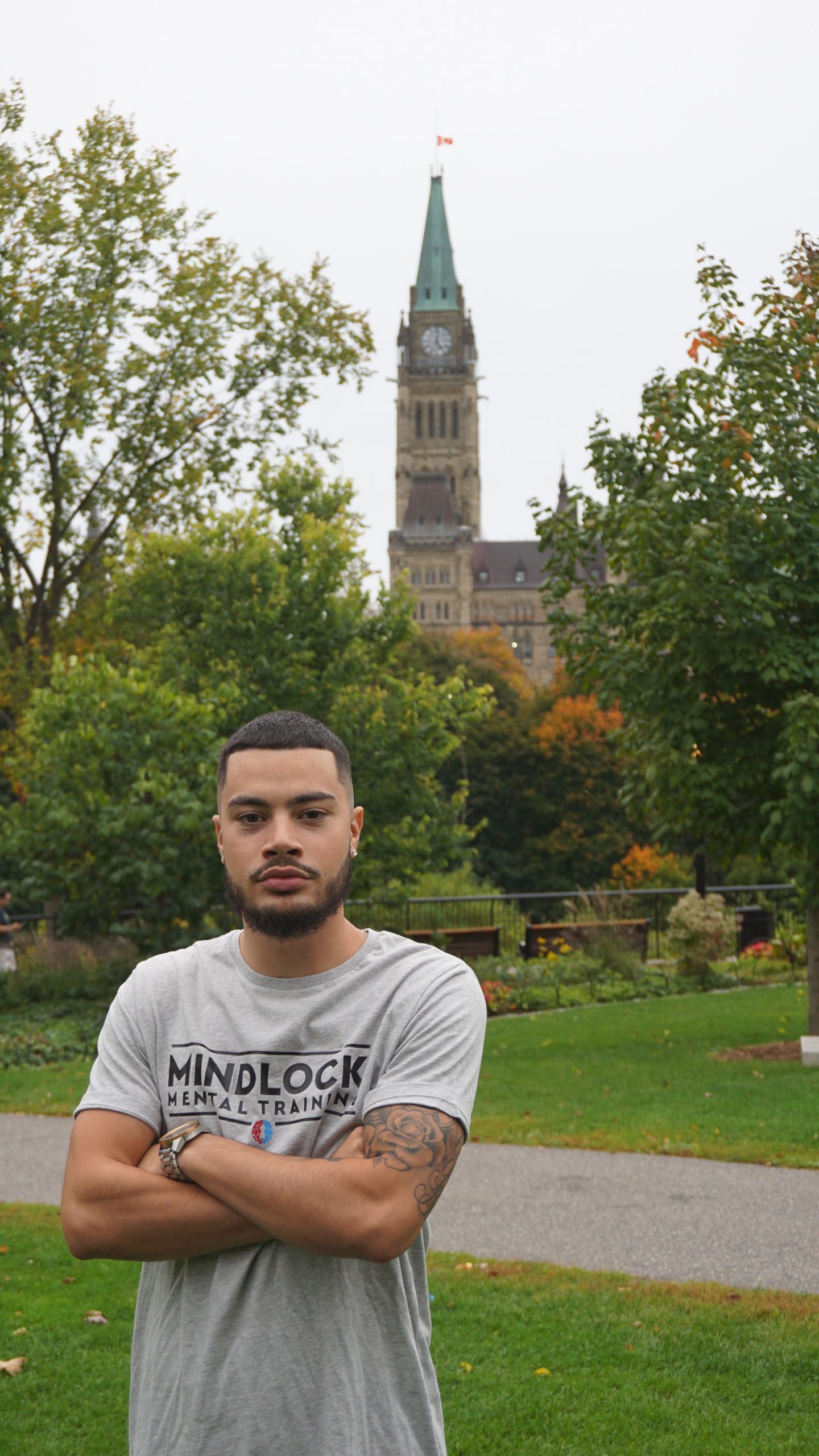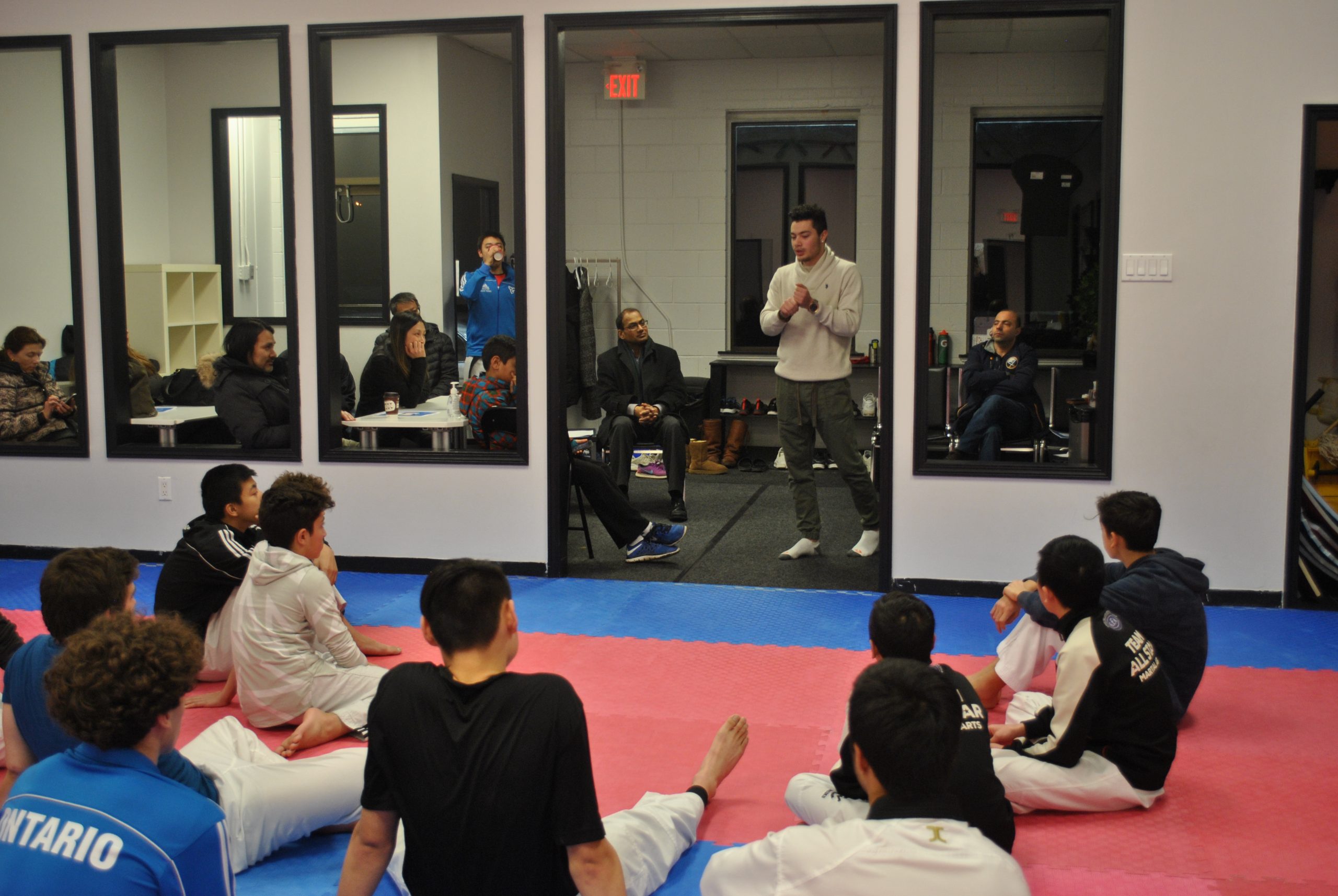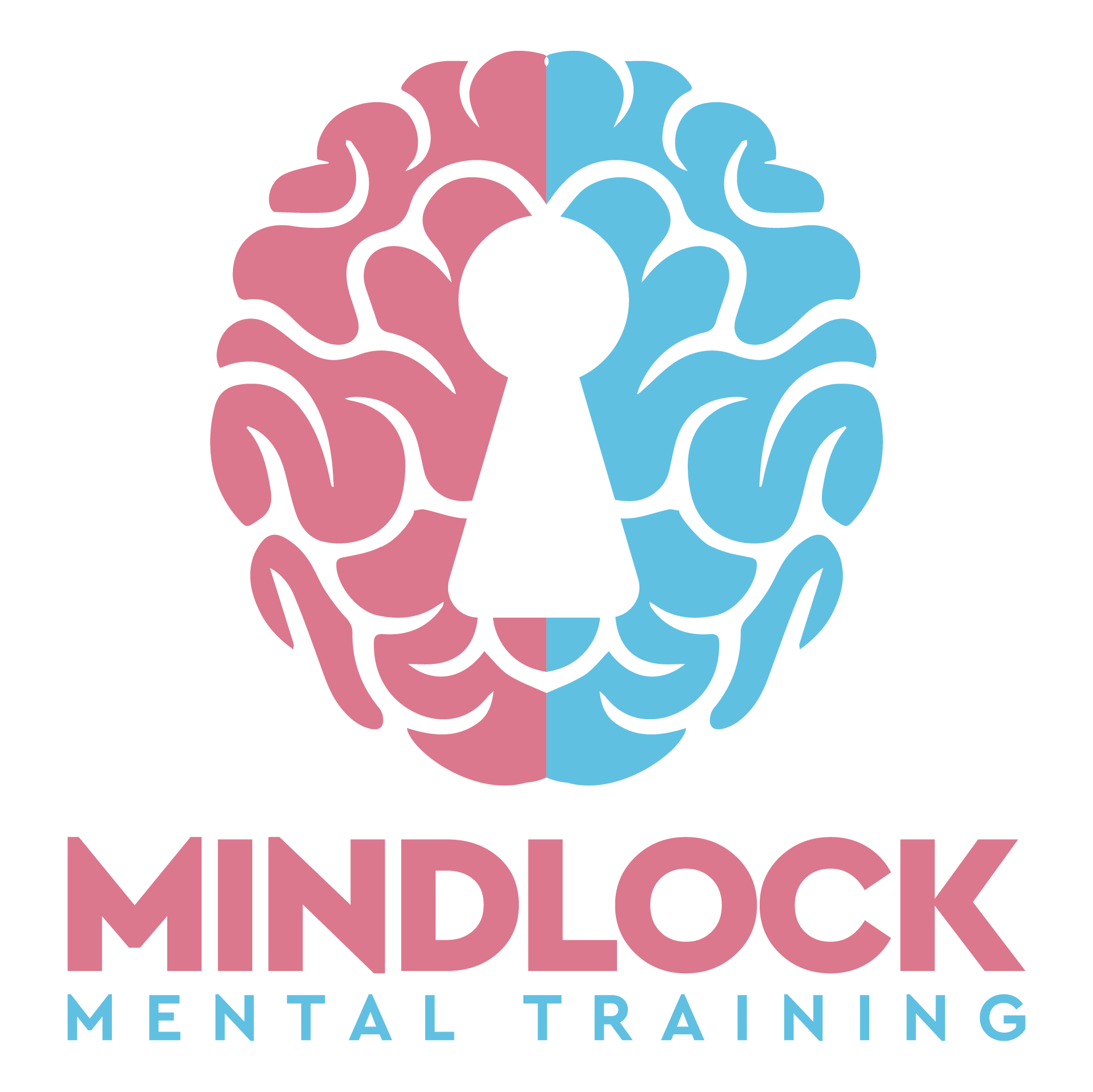The sports industry was hit hard during the beginning of the pandemic. For months, all sports had to shut down, and only after a while did major sports leagues get back to hosting events behind closed doors. However, many people haven’t spoken about the events on a regional level that haven’t happened in over a year.
This means local athletes can’t compete. This has had a significant effect on their mental health. So, we decided to talk to Dylan Nadler, the founder of Mindlock, a mental training business that helps athletes improve the mental aspect of performance.

How did you get into mental coaching?
From a young age I’ve always been in sports. My parents put me in Taekwondo when I was five. I’ve always had this interest in the mental side of things for some reason. The funny thing is in my grade eight-year book where it says “where do you want to be in 20 years” it says sports psychologist, which is pretty funny because it’s not like a normal thing kid would say. I’ve always been interested in it because I’ve always known inherently that both the physical and mental aspects of the sport are important, especially in a combat sport.
There are just so many variables that come into performance in a sport, like nervousness and hesitation. Performance is just so mental, and that’s what got the gears turning, and it led me to learn those things when I was a fighter. That made me the fighter that I was because while I wasn’t the strongest or the fastest athlete, my mental game was there to compete with Olympians. So, when I stopped competing, I realized that no one was working on this, and it was a big gap, and that’s when it turned into something bigger.

Why did you decide to work with athletes specifically?
It’s nice; for me its where I feel most comfortable. Growing up being an athlete, spending all my time with athletes, I even went to a sports school for high school. Athletes are my people, and I feel super comfortable around them. I feel like that comfort allows me to develop a deep understanding of them.
Often, if someone goes to see a regular therapist, psychiatrist or a psychologist you very much get doctor-client vibes where it’s like this is the person, I’m going to see they’re the professional, but there’s not much overlap in terms of personal experience. I bring to the table that I’m an athlete myself and feel more like a teammate or a coach. I feel like I can be myself and I wouldn’t choose to spend more time with anybody else.

How does the process work?
So, if an athlete decides to work with me, we do everything over video chats because I have many athletes in the US and other countries. We’ll get together through Facetime or Skype, and the session will last about 45 minutes to an hour. Different people require different amounts of time, but I usually do sessions once or twice a month, so once every couple of weeks. While we’re on the call, we’ll run through activities, worksheets and assessments.
The whole point is to cater each program to the athlete; we don’t have a cookie-cutter approach. Based on the evaluations we do early on, I can see that someone is disciplined and motivated but lack confidence, so that’s what we’ll work on. Because it’s online, I’m also taking notes when we do the sessions and then sending them to the athlete after the session. This way, the athlete can sit down and be comfortable. From there, it just branches out, and it becomes more causal, talking about training and how it went.

Have you been affected by the pandemic in any way?
My operation hasn’t been affected because I do everything online, but just because my system hasn’t been affected doesn’t mean that I haven’t had to make adjustments. I have my computer, so I’m not worried, but I work with athletes, and that’s not the wealthiest demographic.
It’s not like I’m making a program for Fortune 500 CEOs. These are athletes who don’t make much money. They’re putting all their resources into training and now their work is affected, their training is affected and they haven’t been able to compete in over a year. If they don’t have the resources to do this, it affects me.
So, I lost a ton of clients because nothing is happening. There’s no training and no competitions. So, I made free monthly Zoom calls to reach out to all the athletes who couldn’t afford it, and each month, we would have these big calls. So, we were able to talk, and it was my way of giving back to the community, and it was enjoyable.
What are your future goals?
My goal is to make mental training cool. I think there’s much stigma around stuff like this. When they see someone like one, they tend to want to keep it to themselves. I want it to be calm, like when people go to work out or to physical therapy, and they post about it. I want it to be like that.
It is an industry shift, and I think if anyone’s going to do it, it will be based on my personality, background, and age. My big goal for the industry, not only for the company, is to make this process acceptable and popular. For the business, I want to make this company the biggest mental training company to exist. I want it to be when you talk about mental training, people instantly think of Mindlock, and I want Mindlock to be known as a brand for being known for giving more than it takes, providing a service to athletes that allows them to reach their full potential.
With vaccines rolling out more and more every day and cases slowly but surely dropping, many athletes are hoping that they will soon get back to training and competition. If they can get back to competition, you can bet that Mindlock will be getting back some clients and gaining some new ones.
For more info kindly visit: https://www.linkedin.com/in/dylan-nadler-45b912177/






